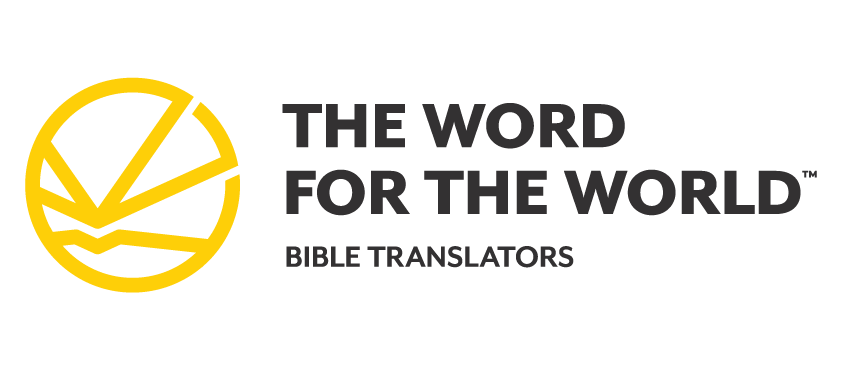“God speaks my language!” is an expression we hear all the time, but we simply can’t get enough of it! The words convey surprise, but the joy, tears, and wonder in their eyes while saying it speaks volumes and sticks with you.

There is something profoundly moving in the revelation that God–the Creator of heaven and earth–sees you, knows you, and speaks to you. It can be challenging to grasp the idea of a personal, relational God when everything you experience about Him is so very foreign. An accurately, clearly, and naturally[1] translated Bible, written or oral, is freedom for someone who has had their language used to oppress or persecute them. It is a priceless treasure for someone raised in a multilingual home who has never had a heartfelt conversation with their father. It is hope for a future in a world full of cold, harsh realities and distant, quiet gods.
A truly understandable Bible lets you interact with God in new ways, previously unthinkable. As an individual, you can ponder His promises and pray through Scripture daily. As a community, you can sing new songs and celebrate God in new ways–you can connect what God has been doing with your people with what He’s been saying to all of His for thousands of years.
God reveals Himself through language. If you’re an English speaker, it may seem obvious that God knows your language–and if you believe in the omniscience of God, you might think it silly. However, the revelation that “God speaks my language” isn’t really about what languages God knows (He created them all); rather, it is about a recognition of the closeness and love of God. It is an invitation into the family of God.
“Become an agent of revelation”
Notes and references:
[1] A translation is accurate when it conveys the intended meaning correctly, clear when that correct meaning is easy-to-understand, and natural when it looks, feels, and sounds like the language should.
